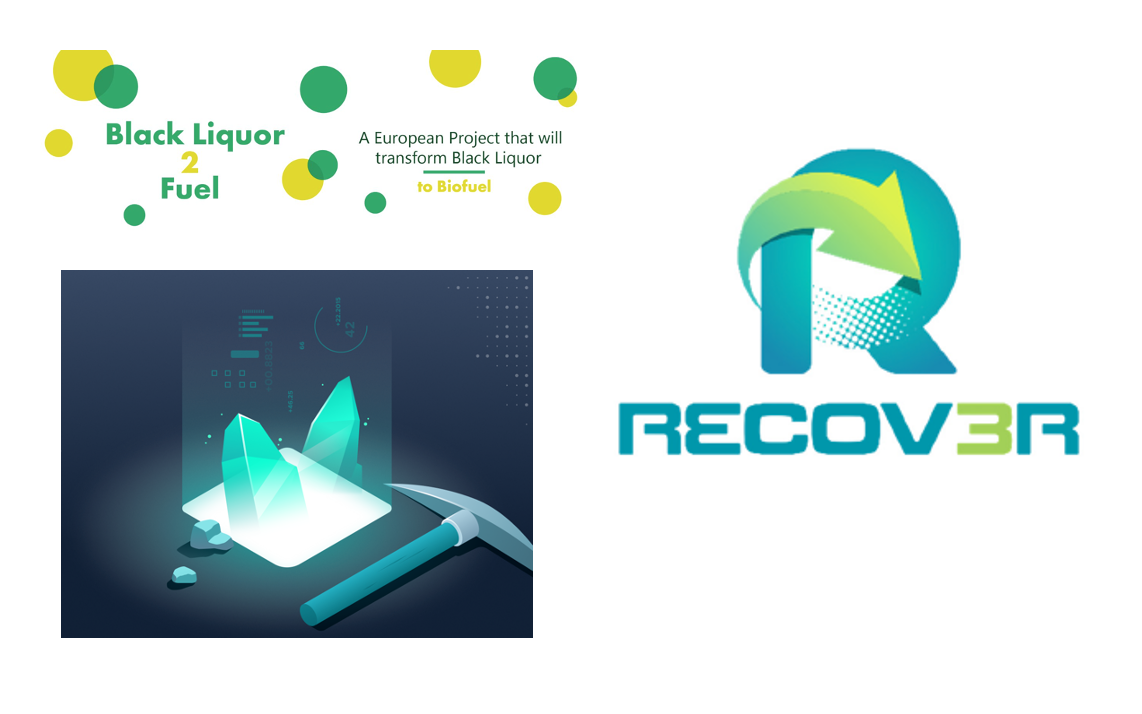Brunel University London has intensified its success in winning research funding from Horizon 2020 programme, with ten new awards, bringing around €3.3M to the university, in the second quarter of 2019-20 alone. The lion’s share of Brunel’s EU funding in this quarter will be devoted to developments in sustainable technology that will allow greener transport, buildings and energy, and contribute to the circular economy.
Energy innovations include the BL2F project, which proposes the pioneering integrated hydrothermal liquefaction process at pulp mills to produce drop-in biofuels for aviation and shipping from black liquor, a by-product of the chemical pulping industry (Brunel PI Dr Evina Katsou). Another project, ASTEP, will create a new innovative Solar Heating for Industrial Processes concept based on modular and flexible integration of two innovative designs for the solar collector and the thermal energy storage (Brunel PI Dr Valentina Stojceska).
Sustainability is also being tackled using artificial intelligence approaches by Prof Zidong Wang via the Dig_IT project, which addresses the needs of the mining industry to move forward towards a sustainable use of resources using the Internet of Things. The RECOVER project is built upon the actual needs to solve the contamination of agro-fields with non-biodegradable agro-plastics by using symbiotic bioprocesses between microorganisms and insect species (Brunel PI Prof Nigel Saunders). Dr Katsou is also the Brunel PI on the WATER-MINING project, which showcases and validates innovative next-generation water-resource solutions which combine water management services with the recovery of value-added renewable resources
Brunel’s power in computational science is also apparent in the ITFLOWS project, which will generate novel insights on migration by providing accurate predictions and adequate management solutions of migration flows in the European Union (Brunel PI Prof Alexandra Xanthaki), and by the STAMINA project, which develops an intelligent decision support toolset for pandemic prediction and management and demonstrates its use by practitioners at national and regional levels within and across EU borders (lead Brunel PI Dr Anastasia Anagnostou).
Prof Mustafa Ozbilgin’s new EU-funded project TARGETED-MPI aims to address gender inequality in Business and Management schools through the development and effective implementation of Gender Equality Plans.
Brunel will also host two Marie Skłowdowska-Curie fellowships, one focused on research in heat-to-power conversion techniques (PI Dr Apostolos Pesyridis), and one on research in novel nano-engineered cementitious materials (PI Prof Xiangming Zhou).
Brunel’s success also takes further our collaboration in various research fields with Universitat Autònoma de Barcelona in the framework of ITFLOWS project (coordinated by UAB) and of the WATER-MINING project, where both Brunel and UAB are partners.










